Just before I left home at 17, headed for college and the great big world beyond, my mother brought home two chickens and called me into the kitchen. “I’m going to teach you to cut up a whole chicken,” she told me. “This is something you’ll need to know—they charge twice as much for the ones already cut-up.” I watched her deftly cut the chicken into eight pieces in a few minutes. She threw the backbone in a small saucepan to make stock, then silently handed me the knife and watched while I made my own tentative and clumsy work of the second chicken. Because she was there and took the time to teach me, I know how to care for myself and my two children. We gather around the table every night to connect and share our lives, we eat healthy and are rarely sick, and food brings us comfort and joy. But what if she had not been there to share these lessons? Shaleiah Fox asked herself a similar question about the many children aging out of foster care each year: who would teach them these vital lessons? She started the Fresh Chefs Society to offer foster care youth the opportunity to learn the art of cooking from community chefs and culinary experts. Fresh Chefs programs teach valuable cooking skills and nutrition, create connections and bonds through food, and celebrate youth accomplishments and milestones with celebratory meals at local restaurants. As far as Shaleiah’s concerned, these are all our kids, and she aims to make sure they feel empowered, connected, and well-fed.

Shaleiah’s enthusiasm and sunny smile light up a room, and when we visited to learn more about what she’s doing, the scene in the kitchen was loud and happy, with teenagers elbowing one another, a clamor over pots and pans, and the joyful sounds of kids digging into a delicious meal together.

Tell us what you do in a few short sentences.
Fresh Chefs Society connects youth aging out of foster care with anything and everything food! From developing their eating lifestyle to shaping a career, we are here to be a resource for them.
What is your utopian vision for the future of food?
Equal access, where local, healthy food resources can be a part of day-to-day life for everyone in our community.

What is your biggest motivator?
The enthusiasm of the youth we work with. They have such a genuine energy for cooking and trying new things.

What is your favorite cookbook?
The Ultimate Southern Living Cookbook circa 1999 (it’s got everything and is a hand-me-down from my momma) and The Smitten Kitchen by Deb Perelman

What’s the best news in food you’ve heard recently?
It’s not exactly new “news”, but having the First Lady’s attention focused on our food systems and how they are affecting lower socioeconomic status populations has impacted food policy on local levels in a positive way – through grants, raising the profile of the issue, and normalizing eating consciously.

Where do you get culinary inspiration?
From what’s available at our farms and markets; what’s on the menus at our favorite spots; what’s being shared at our friends’ dinner tables.
What are you cooking this week?
Always a big pot of beans, lots of hearty greens before they are switched out for squashes and tomatoes, spring onions, roasted root veggies.

What are your favorite food businesses/organizations in Austin? What are they doing right?
Salt and Time, In.gredients, Tecolote Farms, Hillside Farmacy, Cenote, Hoovers, Boggy Creek Farm, and Homegrown Revival – all these folks understand the importance of using their skills, services, and spaces to give back to their community.

Who is your culinary idol?
Rebecca Meeker, Chef and Project Manager for McGuire Moorman Restaurant Group. She has had an amazing career spanning as far as Taiwan, is a philanthropically-minded Austinite, and an inspiration to us and the youth we work with.

What inspires you?
Watching a friend, family, acquaintance or even a stranger, really enjoy a dish I’ve made – particularly when they are trying something new or out of their normal spectrum of eating; witnessing a youth learning about cooking, being empowered and in turn showing their peer what they’ve just learned; and listening to the stories and memories that emerge when kids are cooking about the family they may not communicate with any longer.

What’s your next big idea?
For every foster family and foster care facility to have direct access to all local food resources in the community.

Kitchen Inspirations :: Inspired by Shaleiah’s visit to Boggy Creek Farm and Chef Rebecca Meeker’s Roasted Carrot Salad, we created our own springtime salad. click here for the recipe.

see more of Elizabeth’s work on Haymakers


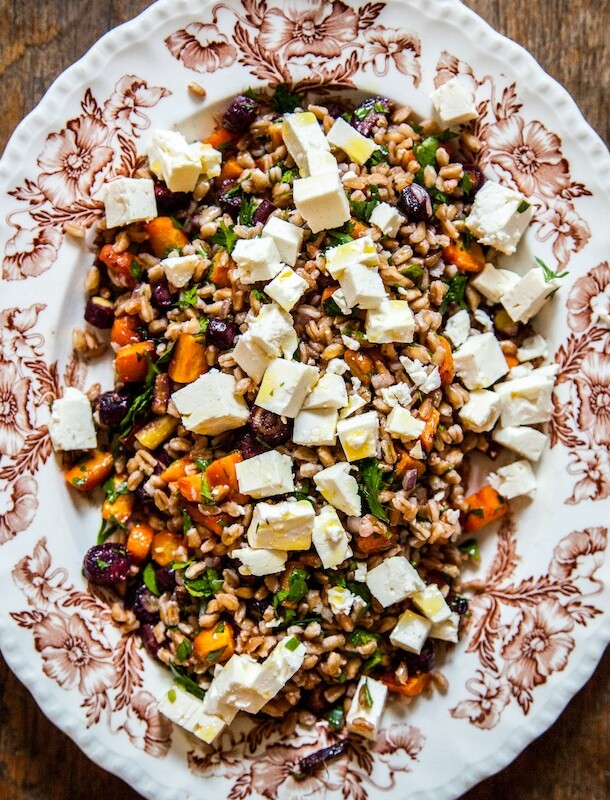
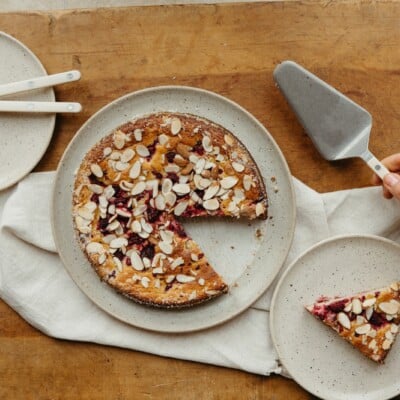
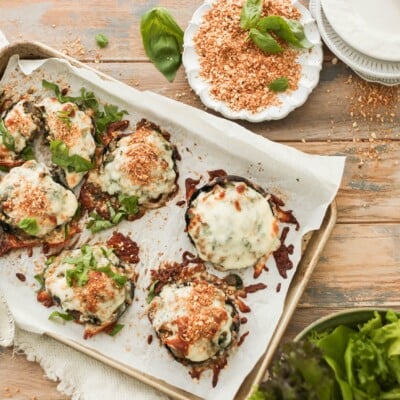
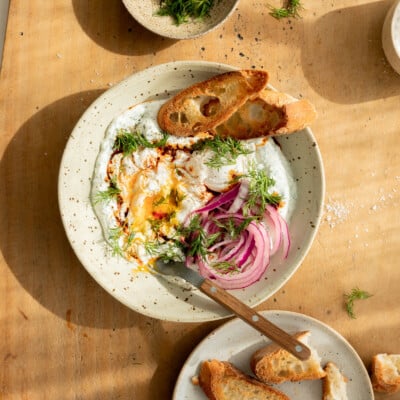
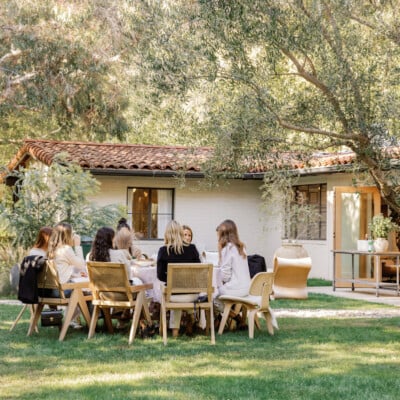
such a great initiative! i’m so glad to recognise my own memories in your story and definitely feel lucky to have parents who shared all those things with me. thanks so much for this post!
What an excellent project! Teaching youth to recognize healthy, natural food choices is such a valuable lesson.
This is such an awesome topic… But it’s officially making me really hungry!
Thanks, y’all! It was truly inspirational to meet Shaleiah & hear about the work they’re doing.
We all know how important it is to prepare nutritious food for our children. But did you know it’s equally as important that we teach our children how to prepare nutritious food for themselves? Think about it. When children grow into adulthood, they eventually have to rely on themselves for everything, including feeding. Without cooking skills, I bet you can take a wild guess at where they tend to end up when they’re hungry! (Hint: Grease-stained brown paper bags.) Knowing how to cook wholesome food is a great way to combat obesity, lifestyle diseases and unhealthy habits. Start bringing the kids into the kitchen at a young age, and they learn early on that food is supposed to be healthful–and made at home. That’s easier said than done. Children and kitchens seem to be as good of a match as oil and water, but the only way they’ll learn to cook is by joining you in the kitchen, moms. It will test your patience. It will be messy. And you will want to send them to watch TV while you finish making dinner. The good news is that the younger you bring them in the kitchen, the better they’ll get, or at least the more practice you’ll get in the fine art of patience. Between the spills, the 20,000 questions, and the bickering about who gets to crack the egg, it seems like cooking with little chefs can take hours. However, taking time to work with your kids, even with your busy schedule, can help ensure they live the healthiest lives possible. Studies have shown that kids who help cook are more likely to try new foods–usually healthier ones. Letting children be in control of a part of the meal, even by allowing them to choose whether you eat carrots or peas for dinner, can help reduce squabbles over eating healthful foods. Making small changes in your cooking routine and trying kid-friendly recipes helps you work little ones into your dinner prep. Before diving into the tips and tricks of the trade, brush up on your kitchen safety.